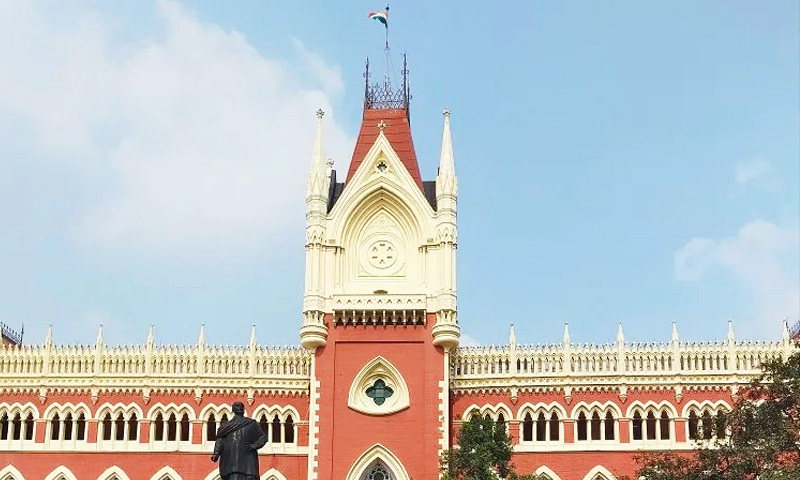The Calcutta High Court on Monday observed that the benefit of family pension cannot be extended to a widowed daughter of a pensioner who was married at the time of the death of her father/mother. The Court held that a daughter who became widowed after the demise after her father/mother does not possess any fundamental or statutory right to claim family pension.The issue in consideration before...

